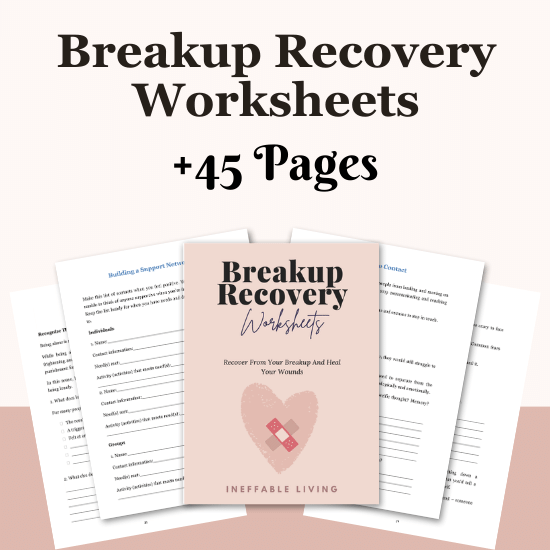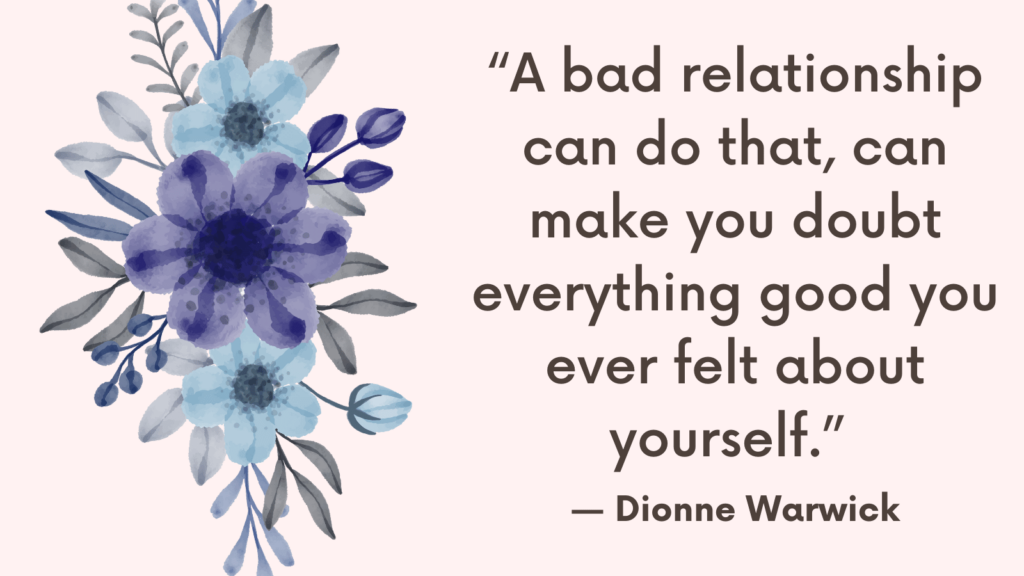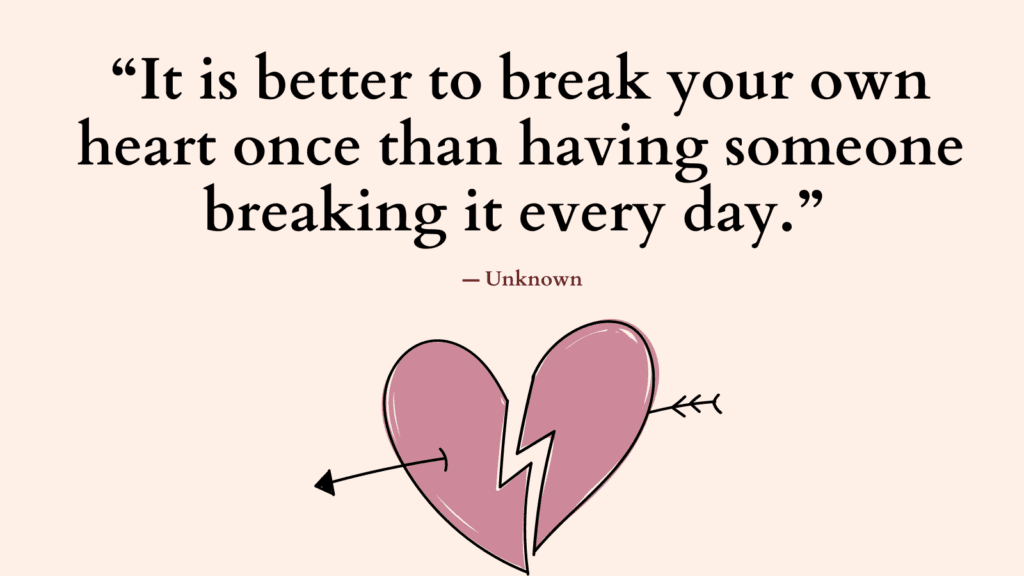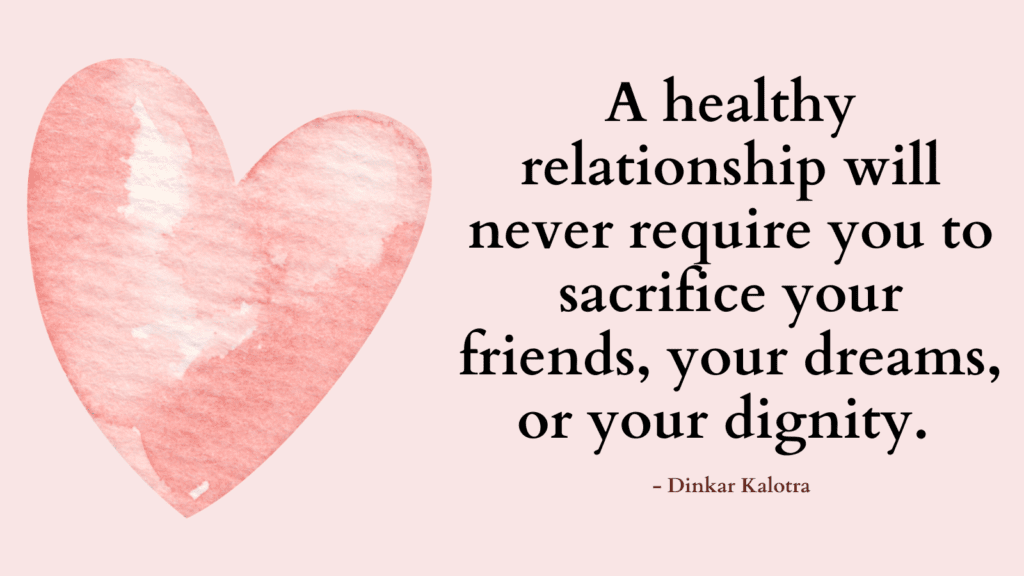In this post, you’re going to learn how to cope with divorce regrets.
Understanding Divorce Regrets
Regret following a divorce can manifest in various forms, stemming from a multitude of factors that contribute to the dissolution of a marriage. Individuals may find themselves experiencing regret for:
1. Uncertainty and What-If Scenarios
It’s natural for individuals to question whether they made the right decision to end the marriage, especially when confronted with the uncertainties of the future and the “what-if” scenarios that play out in the mind.
2. Emotional Fallout
The emotional aftermath of a divorce can be overwhelming, leading individuals to wonder if they could have done more to salvage the relationship or mitigate the pain experienced by themselves and their loved ones.
3. Personal Investment
The significant emotional, social, and financial investments made in the marriage may lead to feelings of regret, as individuals grapple with the sense of loss and the narratives of unfulfilled potential.
4. Impact on Children
Parents may harbor deep regrets when considering the impact of the divorce on their children, questioning whether they could have prevented emotional upheaval or shielded their children from the negative consequences of the dissolution.
Related: Children’s Bill Of Rights In Divorce (+Top 7 Tips On How To Make Divorce Easier On Children)
5. Social Stigma and Expectations
External influences, such as societal norms, cultural expectations, and the fear of judgment from others, can amplify feelings of regret and self-doubt, especially if the decision to divorce challenges deeply ingrained beliefs.
Coping with Divorce Regrets
Managing divorce regrets requires a combination of self-reflection, emotional processing, and proactive coping strategies. Here are some approaches to help individuals navigate and cope with divorce regrets:
1. Embrace Emotional Expression
Allow yourself to acknowledge and express the wide spectrum of emotions that accompany divorce regrets, including sadness, anger, guilt, and confusion.
Engaging in healthy emotional expression through journaling, therapy, or open conversations with trusted individuals can facilitate the processing of these emotions.
2. Practice Self-Compassion
Cultivate self-compassion by reframing the narrative of regret.
Offer yourself kindness and understanding, recognizing that the decisions made during the divorce were based on the information and emotional resources available at the time.
3. Reframe Regrets with Gratitude
While acknowledging the regrets tied to the divorce, intentionally shift your focus towards gratitude.
Recognize the moments of growth, resilience, and self-discovery that have emerged from the experience, reframing regrets as opportunities for personal evolution.
Related: Best 17 Tips On How to Move on From a Divorce You Didn’t Want
4. Focus on Personal Growth
Direct your energy towards personal growth and self-discovery.
Engage in activities that foster self-esteem, nurture your passions, and expand your social and emotional support network.
Embracing new experiences can facilitate a sense of purpose and fulfillment beyond the realm of regret.
5. Set Realistic Expectations
Accept that navigating divorce regrets is a gradual process, and set realistic expectations for your emotional journey.
Avoid pressuring yourself to expedite the resolution of regrets, and instead focus on incremental steps towards healing and acceptance.
6. Explore Meaning-Making
Seek meaning in the divorce experience by reflecting on the lessons learned, the resilience displayed, and the newfound perspectives gained.
Engage in activities that align with your values and contribute to a sense of purpose and fulfillment.
Related: How Divorce Changes A Man? Top 12 Changes
7. Parenting Support
If children are involved, prioritize their emotional well-being by seeking parenting support and guidance.
Open and honest communication, co-parenting strategies, and professional resources can help address children’s needs and alleviate parental regrets related to their welfare.
8. Focus on Well-Being
Prioritize your physical and mental well-being by integrating self-care practices into your routine.
Regular exercise, mindfulness, adequate sleep, and nourishing nutrition can bolster emotional resilience and aid in managing divorce-related stress.
9. Reevaluate and Reset Goals
Use the divorce experience as an opportunity to reevaluate personal goals and aspirations.
Set new, realistic objectives that align with your current life stage and personal values, focusing on avenues for growth and fulfillment.
Related: Dating A Divorced Man? The Ultimate Guide to Deal With Challenges of Dating a Divorced Man

Conclusion
Divorce regrets are a natural aspect of the emotional landscape following the dissolution of a marriage.
By embracing self-compassion, seeking support, and actively engaging in processes of emotional healing, individuals can navigate divorce regrets with greater resilience, ultimately fostering a renewed sense of self and purpose.



